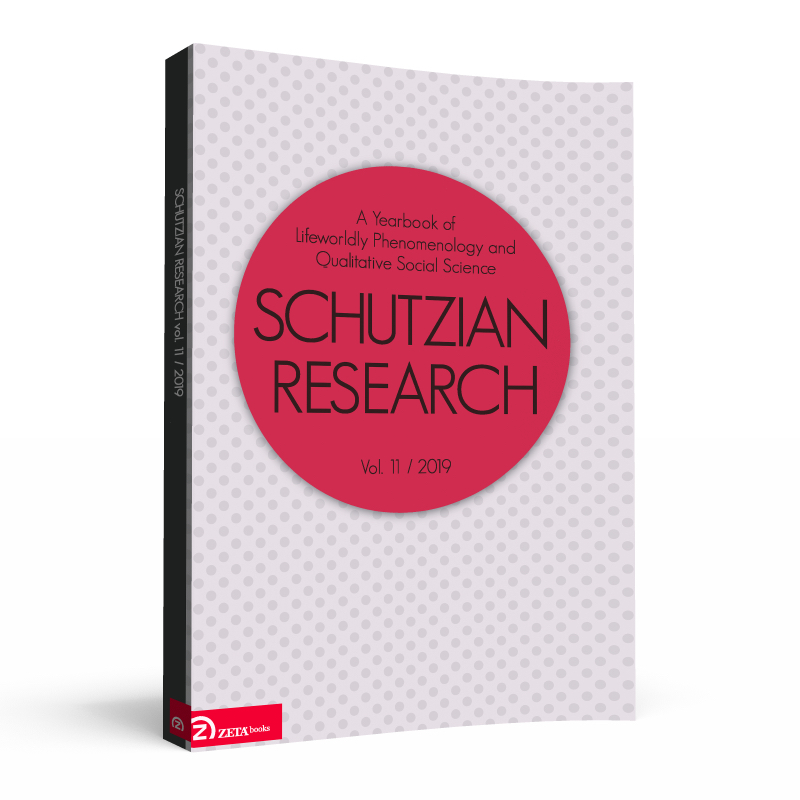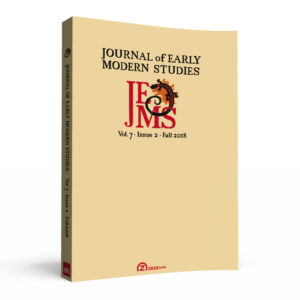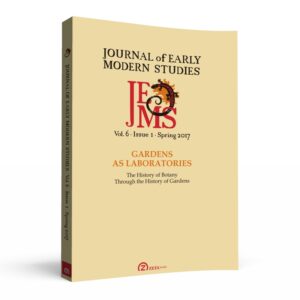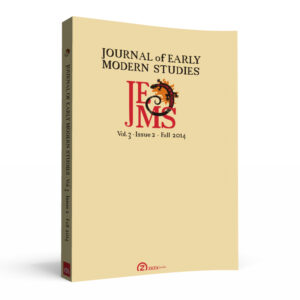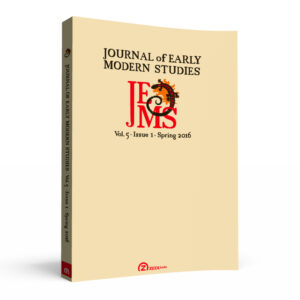TABLE OF CONTENTS
Michael BARBER (Saint Louis University): Introduction to Schutzian Research 11 [OPEN ACCESS]
ARTICLES
Daniela LÓPEZ and Valeria LABORDA: Economic Institutions From a Phenomenological Perspective: The Case of a Social and Solidarity Economy in Buenos Aires
- Abstract: The paper aims to analyse the potentiality of Schutzian phenomenological approach on institutions. We will maintain that this point of view has to take into account at least three aspects of institutions. Firstly, institutions should be considered as objective and sedimented configurations of meaning. Secondly, the historicity and the genesis of the institutional objectified meaning should be explored. Third, life in modern societies shows how reference to the generating activities has been lost in our institutions and how that process has led to the disaffection of the citizens towards them. Motivated by understanding the process through which certain actors question their relative-natural concept of economic life and institute alternative types of economic actions, the article explores a case study of an economic institution in the City of Buenos Aires belonging to the so-called “Other” economy. Following the model of the well-informed citizen, the manuscript describes a type of “economic citizen” who transforms the imposed economic relevances experienced in everyday life into the centre of interest. The emergence of that interest is analysed by tracing back this particular economic institution to the process of sedimentation and of genesis of meaning. It is demonstrated that the process of institutionalization is shaped in contrast to dominant anonymous economic institutions.
Carlos BELVEDERE and Alexis GROS:The Phenomenology of Social Institutions in the Schutzian Tradition
- Abstract: There is a broad consensus that the study of social institutions is one of the fundamental concerns of the social sciences. The idea that phenomenology has ignored this topic is also widely accepted. As against this view, the present paper aims at demonstrating that especially Schutzian phenomenology—that is, the social-phenomenological tradition started by Alfred Schutz and continued by Thomas Luckmann and Peter Berger, among others—provides rich insights on the nature and workings of social institutions that could contribute to enriching the current social-scientific debate on the issue. In order to show this, the authors attempt to unearth and systematically reconstruct Schutz’s and Berger and Luckmann’s insights on social institutions and to confront them with current approaches.
Germán D. FERNÁNDEZ-VAVRIK: Newleavers and Educational Institutions: Revisiting Schutz’s Research on Strangers with an Intercultural Approach
- Abstract: As a consequence of the explosion of enrolments, higher education institutions have been confronted by new categories of students the last forty years. In this paper, cultural and political dimensions of the integration of students into educational institutions will be explored. The focus will be on the experience of what I called “newleavers,” namely, people who are leaving their environment of origin without knowing if they will return. The contradictory commitments and challenges faced by newleavers will be studied with a sociological approach based on intercultural, phenomenological and praxiological research. To sketch an analysis of the experience of newleavers in general, I will explore strangeness and uprooting in an educational setting; the research is based on the experience of Huarpes students at the University of Cuyo, in Argentina. I claim that newleavers who keep ties with their environment of origin develop an “ethnographic stance,” namely, a moral posture and a cognitive perspective allowing them to critically identify rules, norms, and values, by comparing environments and groups.
Ingeborg K. HELLING: One More Phenomenology of the Social World? : Alfred Schutz’s (1932) Response to Fritz Sander’s Der Gegenstand der reinen Gesellschaftslehre (1924) and Allgemeine Gesellschaftslehre (1930)
- Abstract: In his Der sinnhafte Aufbau der sozialen Welt (1932; engl. tr. 1967) Alfred Schutz refers frequently and mostly positively to the author Fritz Sander. In contrast to other members of the Viennese social science milieus in interwar Vienna, Sander has been neglected in the abundant literature on Schutz. Following Henrich’s (1991) Konstellationsforschung approach, Schutz and Sander are placed in the setting of interwar Viennese social science. Explicit references to Sander made by Schutz will be described, similarities and differences in their treatments of Max Weber’s concepts of social action and subjective meaning will be examined, and their respective views of a phenomenological grounding of social science will be discussed
Marek CHOJNACKI: Phantasying, How to Get Out of Oneself and Yet to Remain Within: Alfred Schutz’s Interpretation of Husserl’s Phenomenological Reduction
- Abstract: Assuming the importance of Alfred Schutz’s “protosociology” in social theory as a given, the paper tries to explore its philosophical core, treating Schutz’s sociophenomenology as an answer to the most fundamental questions of phenomenology, such as evidence and phenomenological reduction. It analyses Schutz’s point of departure – the problematization of Max Weber’s concept of the meaning of social action and its deepening by means of Henri Bergson’s and Edmund Husserl’s notion of time – and tries to unravel the double structure of consciousness (first in Brentano and Husserl, then in Schutz), revealing increasingly its complex temporal character. Brentano’s and Husserl’s double intentionality, seeming to offer a kind of “decent realism” in modern philosophical context, in Schutz turns out to be marked by the profound pastness of reflexive consciousness, reaching the primary stream experience only by means of primary and secondary acts of remembrance, re-effectuated intersubjectively in acts of phantasying about future (modo futuri exacti), thus constituting the very core of meaning, with its reference to external objects. It appears that only analysing this mode of phantasying in reference to its motives that we can solve the conundrum of realism in its modern shape.
ISBN: 978-606-697-106-5 (paperback)
ISBN: 978-606-697-107-2 (electronic)

